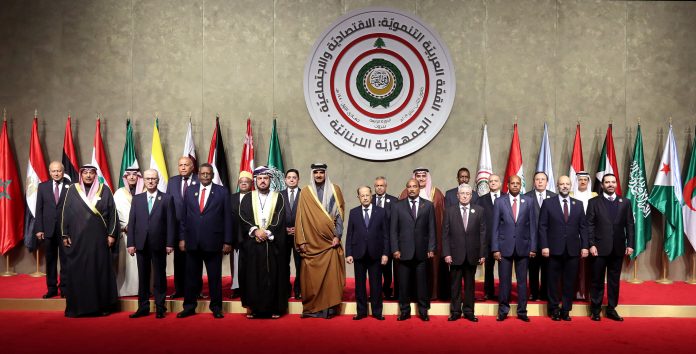Doha: Calls for a new Arab or Islamic NATO gained momentum during an emergency summit hosted by Qatar following Israeli airstrikes on its capital on September 9. The summit, attended by more than 40 nations from the Arab League and the Organisation of Islamic Cooperation, brought together leaders including Egypt’s President Abdel Fattah el-Sisi, Turkiye’s President Recep Tayyip Erdogan, Saudi Arabia’s Crown Prince Mohammed bin Salman, and Iran’s President Masoud Pezeshkian.
The meeting began with a joint condemnation of Israel’s actions but shifted toward discussions on collective defense for Arab and Muslim countries. Egypt pushed for an Arab NATO modeled on NATO’s Article 5 principle, where an attack on one member is treated as an attack on all. President el-Sisi even offered 20,000 Egyptian troops to form the core of such a force. Iran supported a broader Islamic alliance, while Pakistan also expressed interest in contributing.
The idea is not new. In 2015, Saudi Arabia launched a 34-nation Islamic military alliance against terrorism. Similar proposals resurfaced in 2022 when Israel promoted a U.S.-backed Middle East Air Defence Alliance, though that excluded Iran. Efforts to integrate Israel into regional defense lost momentum after the Gaza conflict, as several Arab states tied normalization of ties with Israel to progress on Palestinian statehood.
The Qatar summit ended with no binding commitments, raising questions about whether an Arab NATO will remain symbolic or evolve into a real military alliance capable of protecting the region’s interests.




